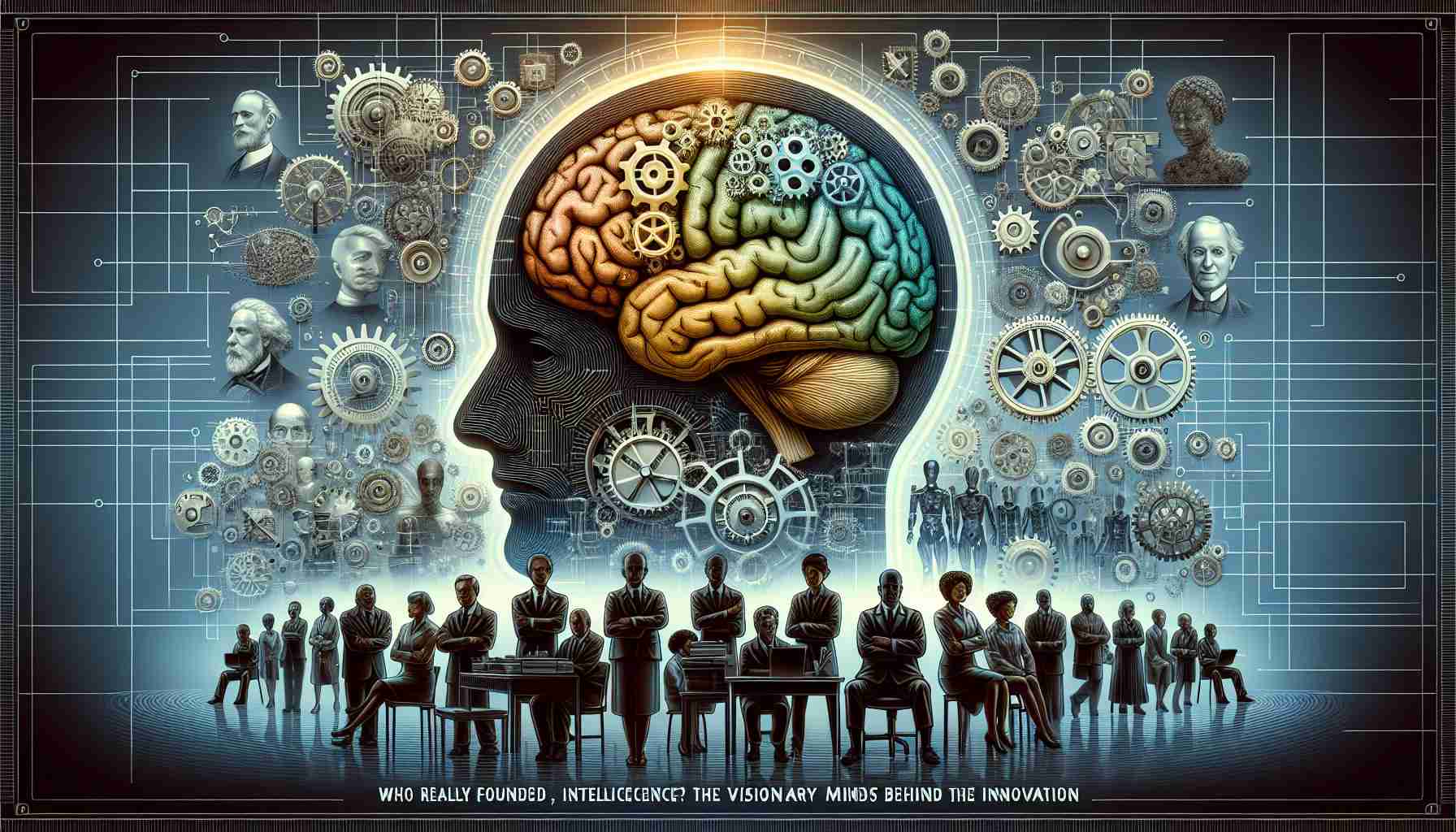The question of who founded artificial intelligence (AI) doesn’t have a straightforward answer. The development of AI is attributed to multiple pioneering minds. The phrase “artificial intelligence” itself was coined by American computer scientist John McCarthy in 1956, during the Dartmouth Conference, which was the first official gathering aimed at discussing this budding field. This seminal event laid the groundwork for AI research as we know it today.
However, the roots of AI trace back even further. Alan Turing, a British mathematician, is often heralded as a foundational figure in the field of AI. In 1950, Turing published his groundbreaking paper “Computing Machinery and Intelligence,” where he introduced the concept of the Turing Test, a method to measure a machine’s ability to exhibit intelligent behavior indistinguishable from that of a human.
Alongside McCarthy and Turing, other significant contributors include Marvin Minsky, Herbert Simon, and Allen Newell, who made substantial strides in early AI research. Minsky, in particular, is recognized for his work in neural networks and founding the Massachusetts Institute of Technology’s AI laboratory.
These intellectual giants, each contributing unique insights, collectively laid the cornerstone for the development of artificial intelligence. While no single individual can claim the title of “founder,” their collaborative vision and innovative spirit have propelled AI from a theoretical concept to a transformative force in today’s world. As we continue to explore AI’s capabilities, it is a tribute to their pioneering efforts in advancing human understanding and technology.
The Unexpected Pioneers of AI: Discovering the Unsung Heroes
While well-known figures like John McCarthy and Alan Turing often dominate discussions on the origins of artificial intelligence, there are lesser-known contributors whose work significantly shaped today’s AI landscape. The contributions of Karen Sparck Jones, a pioneering computer scientist in the field of natural language processing, remain influential yet underappreciated. Her work on information retrieval and the concept of inverse document frequency laid critical groundwork for search engines, which have revolutionized how we access information globally.
Another overlooked figure is Norbert Wiener, a mathematician whose work in cybernetics introduced feedback theory, now essential to AI development. Wiener’s insights into systems and automation have had lasting impacts on robotics, significantly affecting both industrial practices and academic research.
The advancement of AI is not without its controversies. Ethical concerns are mounting, revolving around AI decision-making processes, which are frequently opaque and unregulated. Who is accountable when an AI-driven car makes a fatal error? The debate continues to rage within academic and policy-making circles, highlighting the need for ethical AI guidelines.
The incremental progress achieved by these and other obscure pioneers is crucial in understanding AI’s profound impact. It reshapes industries, influences economic policies, and presents unprecedented privacy challenges. How can communities without equal access to technology bridge this growing digital divide?
For further exploration of AI’s transformation and ethical concerns, visit Nature and MIT. These platforms offer insights into ongoing discussions and innovations transforming our world. The evolution of AI is a dynamic tribute to the collective genius of its founders, known and unsung.








